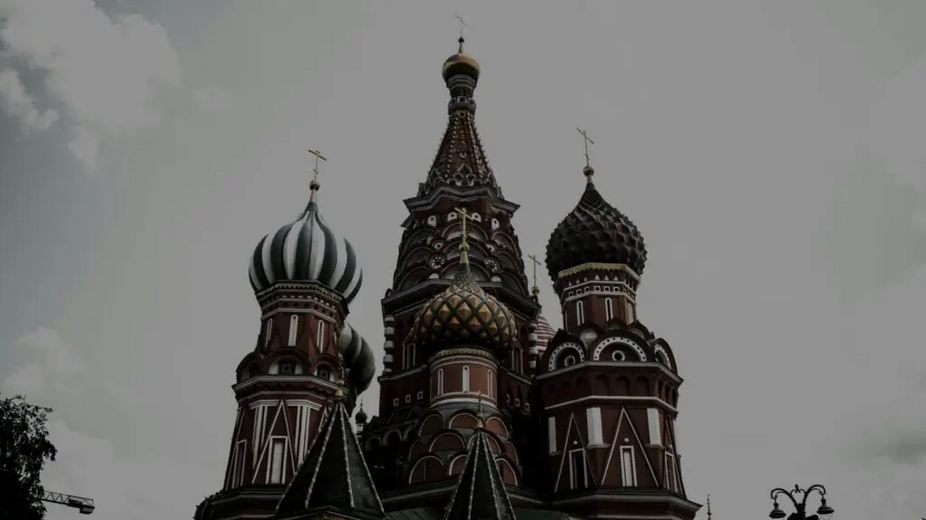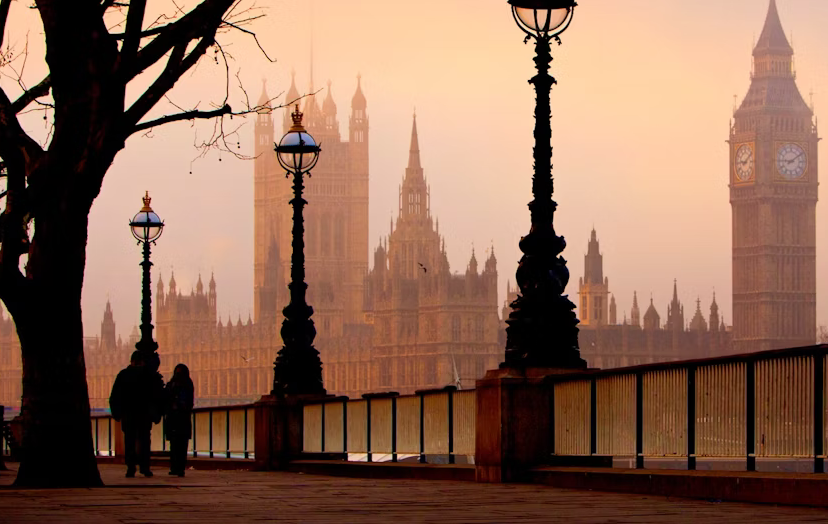As the Hobby Lobby case, which challenges the HHS contraceptive mandate as a violation of the free exercise clause, comes before the Supreme Court, we ask what the outcomes may mean for religious freedom, American business, and corporate employees.
By: Ken Starr
The countdown to the Supreme Court’s historic argument in the Hobby Lobby case is well underway. To be argued on March 25, the case brings before the nation’s highest court a sharp conflict between the Green family (two generations who, together, own a nationwide arts-and-crafts store chain and Christian bookstore chain) and a federal government mandate concerning contraceptive methods. Specifically, four of the twenty mandated contraceptives sparked objections by the Green family on deeply-held religious grounds, as those four drugs or devices could prevent implantation of fertilized eggs in the womb. The Religious Freedom Restoration Act (RFRA) is an extraordinarily far-reaching statute. It infuses the bedrock American value of freedom of conscience into literally every federal law and regulation. By its terms, RFRA empowers conscientious objectors to seek succor from the courts to protect their sincerely held views. That is precisely what the Green family did. They filed suit in federal court. Next month, they will go as winners into the magnificent corridors of the Supreme Court. The question now before the Court is whether their victory in the federal Court of Appeals in Denver will survive.
If only the Green family members, as individuals, were the plaintiffs, the case would already be over. No one disputes the fact that RFRA protects individuals, including individuals doing business as sole proprietors and partners. But the Greens have chosen to do business in corporate form. A pivotal question in the Hobby Lobby case is whether the broad reach of RFRA brings for-profit corporations within its protective ambit. The language of RFRA itself answers the question: “Government shall not substantially burden a person’s exercise of religion even if the burden results from a rule of general applicability.” RFRA does not define the term “person,” even though the statute contains a specific provision setting forth several definitions.
Happily, Congress provided a definitional default. Under a generic statute popularly dubbed the “Dictionary Act,” Congress has expressly ordained that all corporations, for-profit and otherwise, normally fall within the definition of person. That should be the end of the matter.
However, the government suggests that Congress would never have intended to fashion a regime that allows, say, Exxon Mobil or Apple, to engage in “the free exercise of religion.” As the government sees it, that just doesn’t compute. To be sure, corporations may engage in free speech and enjoy other constitutional rights, but “the free exercise of religion” is deeply personal—partaking of the same nature as invoking the uniquely individualistic right to freedom from compelled self-incrimination.
Despite its intuitive appeal, the government’s legal position badly misses the mark. The question, more appropriately, is whether religious freedom is being infringed, not whether, through formal legal analysis, a separate entity exists. Churches, after all, are not infrequently incorporated. So are religious schools. Corporations merely reflect the values of the officers and directors charged with guiding their mission and destiny. For Hobby Lobby, that mission is deeply imbued with a Christian worldview. In virtually countless ways, the five members of the Green family seek faithfully to insure that their business operations serve the interests of a higher authority than that which seeks to rule from our Nation’s capital.
That is precisely a form of “the free exercise of religion” that Congress and the President boldly sought to protect in the appropriately named “Religious Freedom Restoration Act.”
Judge Ken Starr is the president of Baylor University, a position he has held since 2010, as well as its chancellor since 2013. He also holds the Louise L. Morrison Chair of Constitutional Law and is a member of the faculty at Baylor Law School.
This piece was originally authored on March 23, 2014 for the Religious Freedom Project at Georgetown’s Berkley Center for Religion, Peace, and World Affairs.
THE RFI BLOG

Religion, the ‘Russian World,’ and the War Against Ukraine

Religious Freedom Is Back on the UK’s Agenda

Be More Faithful, Become More Resilient: An Invitation to Religious Institutions

How Soccer Reveals Different Meanings Of ‘Secular’ In France And The US

RFI’s Ismail Royer Meets with Delegation from India
CORNERSTONE FORUM

Public Bioethics & the Failure of Expressive Individualism

Religious Liberty in American Higher Education

Scotland’s Kate Forbes and the March of Secularism

70 Years of Religious Freedom in Sweden: Prospects and Challenges


